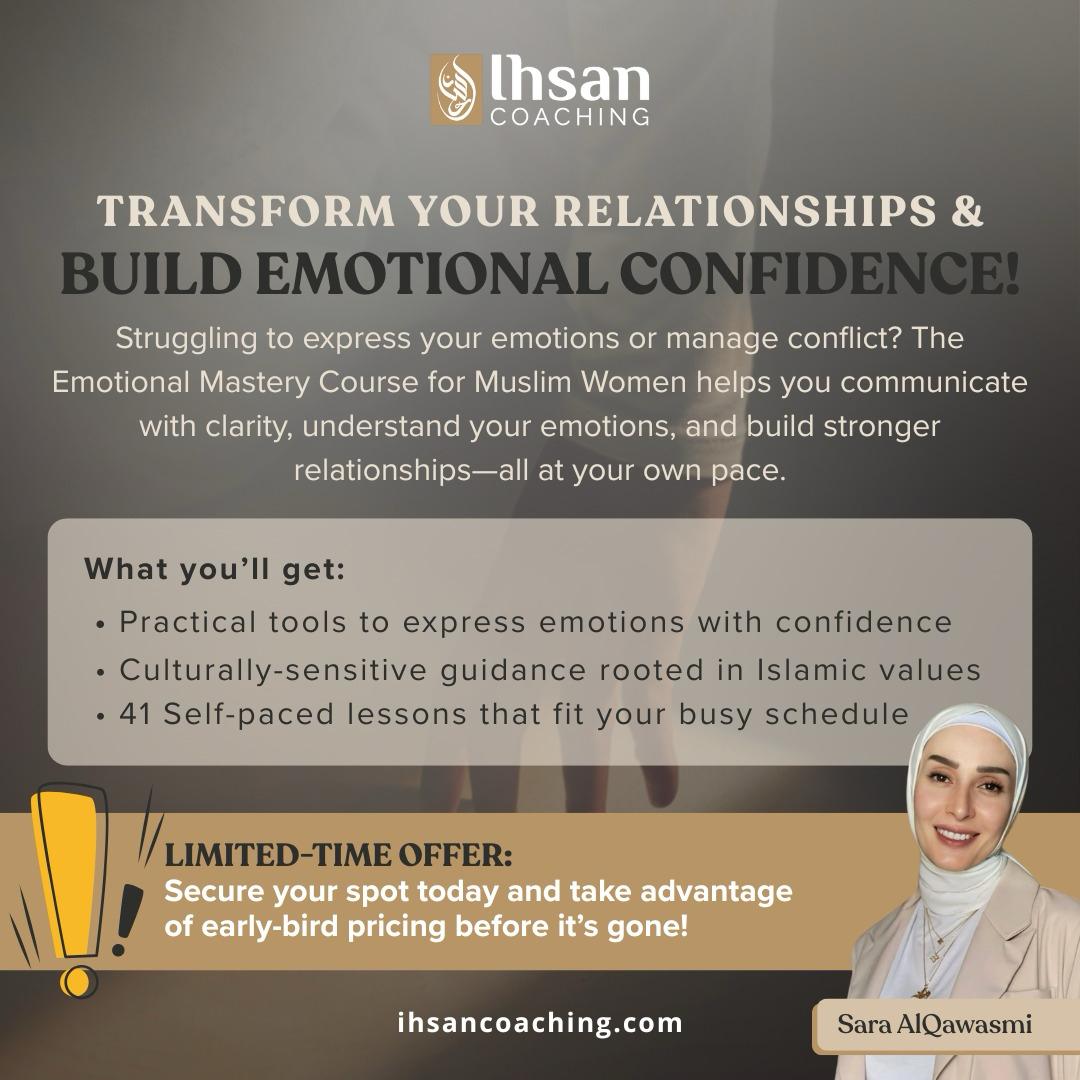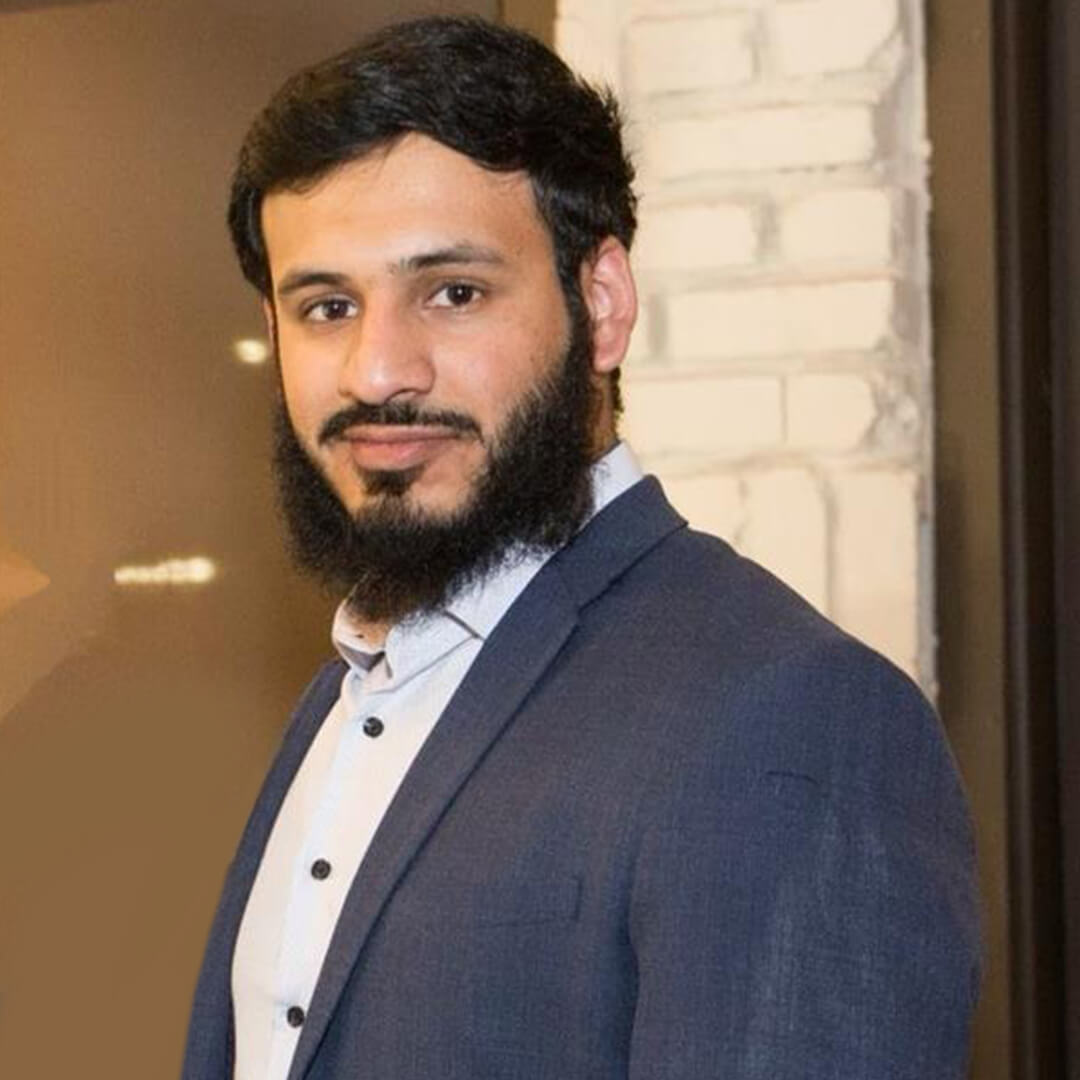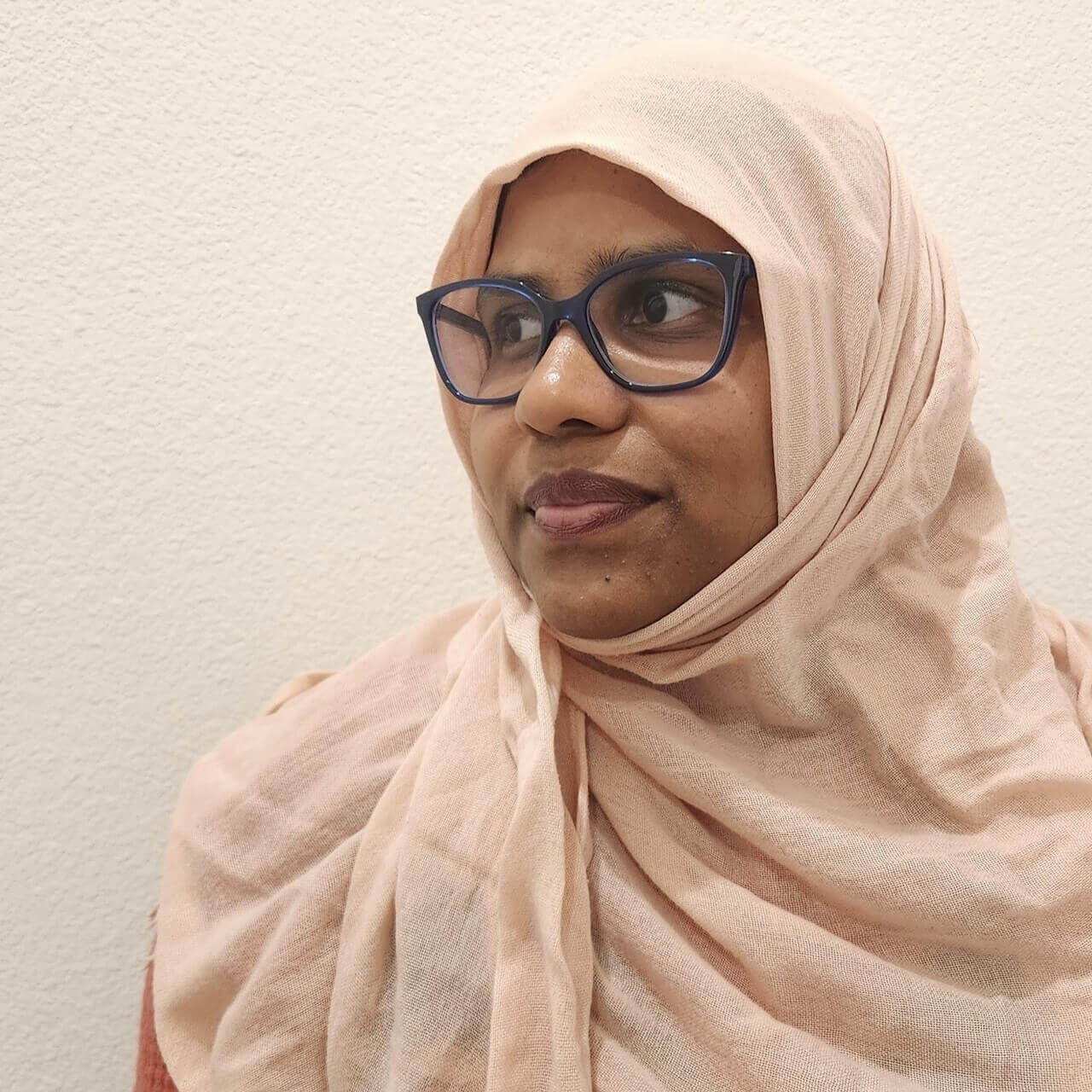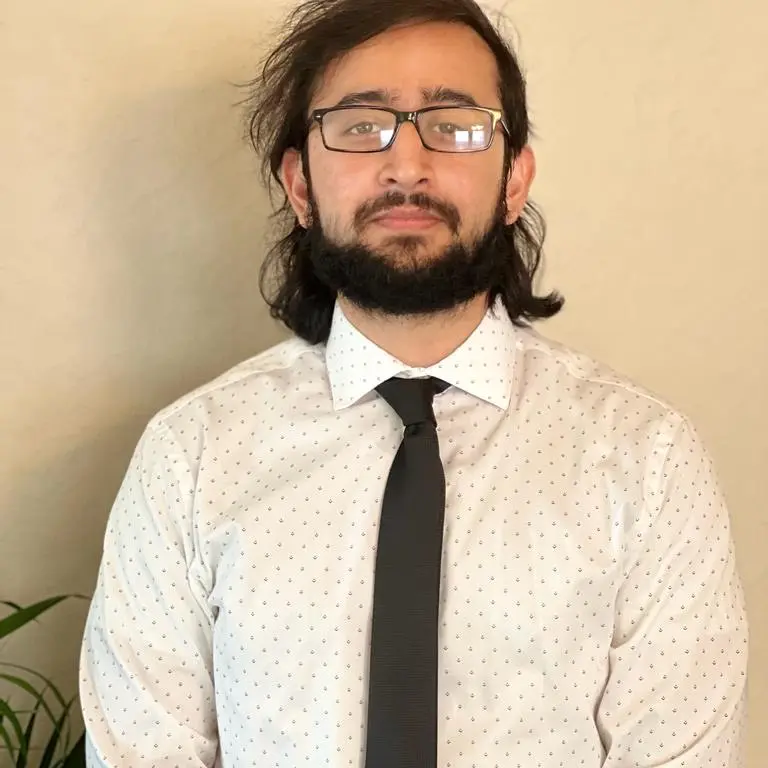Setting the Stage: Dua and Well-being
In the journey of life, success often comes to those who are calm and consistent in their efforts and spiritual practices. For many Muslims, dua (supplication) is a cornerstone of daily life and a profound source of strength and guidance.
We very often seek the help of Allah in some daily matters of life, and such duas are very common and effective, such as dua for exams, career, marriage, parents, and anxiety. But has it ever crossed your mind how the concept of dua for success offers both spiritual solace and practical advice for maintaining mental health and well-being?
Let’s explore the profound impact of Islamic teachings and counseling in our daily lives.

Top 7 Duas for Success in Life
Here are 5 specific duas that have been taught and recited for seeking success in various aspects of a person’s life.
Dua for Knowledge and Wisdom
رَبِّ زِدْنِي عِلْمًا
“Lord, increase me in knowledge.”
This dua from the Quran (20:114) is essential for students and professionals. It invokes Allah’s help in seeking knowledge and wisdom.
Dua for Remembrance and being Grateful and Perseverance
رَبِّ أَعِنِّي عَلَى ذِكْرِكَ وَشُكْرِكَ وَحُسْنِ عِبَادَتِكَ
“My Lord, help me to remember You, to be grateful to You, and to worship You in an excellent manner.”
This dua helps a person remember Allah in all aspects of life and teaches them to be grateful.
Dua for Overcoming Anxiety
اللهُمَّ إِنِّي أَعُوذُ بِكَ مِنَ الْهَمِّ وَالْحَزَنِ
“O Allah, I seek refuge in You from anxiety and sorrow.”
This supplication is a powerful tool for those experiencing mental health struggles, reminding them of the spiritual support available.
Dua for Good Health and Strength
اللهُمَّ إِنِّي أَسْأَلُكَ الْعَافِيَةَ
“O Allah, I ask You for good health.”
Good physical and mental health is foundational to achieving success in all life’s endeavors.
Dua for Allah’s Help
اللَّهُمَّ أَعِنِّي عَلَى ذِكْرِكَ وَشُكْرِكَ وَحُسْنِ عِبَادَتِكَ
“O Allah, help me to remember You, to thank You, and to worship You in the best way.”
Seeking Allah’s help is essential in overcoming life’s challenges and staying steadfast in faith.
Dua for a Good Day
اللَّهُمَّ اجْعَلْ هَذَا الْيَوْمَ خَيْرًا لِي وَلِأَهْلِي وَارْزُقْنَا بَرَكَتَهُ
“O Allah, make this day good for me and my family, and bless us with its blessings.”
Starting your day with this dua invites Allah’s blessings and ensures a day filled with positivity and peace.
Dua for Prosperity and Success
رَبَّنَا آتِنَا فِي الدُّنْيَا حَسَنَةً وَفِي الْآخِرَةِ حَسَنَةً وَقِنَا عَذَابَ النَّارِ
“Our Lord, give us good in this world and good in the Hereafter, and save us from the punishment of the Fire.”
A comprehensive dua covering worldly needs and the Hereafter.
The Importance of Dua in Islam
Dua is indeed more than just a prayer; it is a profound dialogue with Allah, where believers express their deepest desires, fears, and gratitude. This spiritual practice is not only about asking for things but also about establishing a personal and continuous relationship with the Creator.
In the fast pace of modern life, taking the time for such reflective moments can significantly contribute to one’s spiritual health, grounding individuals by reminding them of the bigger picture and their place.
Moreover, the act of making dua can serve as a spiritual release, allowing individuals to let go of burdens and worries by placing them in the hands of Allah. This practice teaches patience, humility, and trust—qualities that are essential for personal development and spiritual growth.
Connecting Dua and Mental Health
Understanding the psychological benefits of dua can significantly enhance an individual’s well-being. Regular supplication acts as a mental health tool that aids in managing stress, anxiety, and other emotional challenges. By verbalizing concerns through dua, individuals can experience a sense of relief and clarity, as it helps in organizing thoughts and emotions.
Furthermore, dua reinforces positive affirmations and provides a hopeful perspective in difficult times, which can be incredibly empowering. It builds resilience deeply rooted in faith and spirituality, supporting a focused and optimistic mindset that is crucial for navigating life’s ups and downs.
Role of Islamic Counseling in Supporting Success
Professional Muslim counseling offers a unique synthesis of Islamic teachings with contemporary psychological principles, providing a holistic approach to addressing life’s challenges. This form of Muslim counseling respects the cultural and religious contexts of clients, making it a sensitive tool for Muslims seeking help without compromising their spiritual values.
It helps individuals align their life goals with their faith, fostering a sense of coherence and purpose. Such support is invaluable, not just for achieving specific goals but also for cultivating a peaceful and fulfilling life. By integrating an Islamic perspective on patience, perseverance, and divine decree, Muslim counselors help individuals navigate their journeys with faith and proactive strategies, ensuring they remain steadfast and resilient in pursuing personal and professional success.

Integrating Dua into Daily Life for Consistent Success
Incorporating dua into daily life can help align spiritual practice with personal and professional ambitions, fostering a mindset conducive to success. Here are some practical tips for Muslims to integrate these powerful supplications into their routines:
- Morning Invocations: Start your day with specific duas, such as asking for knowledge, wisdom, and protection. This sets a positive tone and a clear intention for the day ahead.
- Dua Journaling: Keep a dua journal to note the supplications you find most resonant and the occasions you turn to them. Reflecting on these entries can enhance your conscious engagement with dua.
- Post-Prayer Supplications: The moments following the completion of the five daily prayers (Salah) are considered times of high spiritual receptiveness. Utilize this time to recite duas for success, health, and patience.
- Digital Reminders: Use smartphone apps that remind you to recite specific duas at prescribed times or alarms set for dua breaks throughout the day.
- Family Dua Time: Encourage family members to gather and make dua together, strengthening both family bonds and communal faith practices.
Closing Thoughts: The Power of Faith and Perseverance
The practice of dua is a powerful tool for anyone seeking success. Coupled with Muslim mental health practices and professional Muslim counseling, it forms a robust framework for achieving peace, prosperity, and consistency in life’s pursuits.
FAQs
✔️ How can Dua impact my everyday life?
Dua profoundly impacts everyday life by providing spiritual grounding, emotional relief, and a sense of direction. It enables individuals to express their innermost thoughts and seek guidance directly from Allah. This practice can lead to increased mindfulness, reduced stress, and a greater sense of purpose and resilience against the challenges of daily life.
✔️ How often should I perform Dua for it to be effective?
The effectiveness of Dua is more about the quality and sincerity of the supplication than the quantity. Muslims are encouraged to make Dua regularly, especially during hardship, before undertaking any new task, and after prayers. However, the key is consistency and faith in Allah’s wisdom and timing; no set frequency guarantees results, as Dua is a personal and ongoing dialogue with Allah.
✔️ Can Dua help with managing severe mental health issues?
Dua can be a comforting and strengthening practice for those dealing with mental health challenges, but it is essential to combine spiritual practices with professional healthcare. For severe mental health issues, it is crucial to seek help from qualified mental health professionals who can provide comprehensive treatment that may include therapy, medication, and lifestyle changes. Muslim counseling can be part of a holistic approach, integrating spiritual healing with clinical treatments.
✔️ Where can I find resources for Muslim counseling?
Local mosques, Islamic centers, and online platforms, which lists professionals specializing in integrating Islamic principles with mental health practices, offer resources for Muslim counseling.
✔️ What makes Dua an effective tool for lifelong success?
Dua is effective because it involves actively seeking help and guidance from Allah while reaffirming one’s faith and reliance on Him. It encourages a mindset of persistence, patience, and humility, which are crucial for long-term success. Dua also serves as a constant reminder of one’s values and goals, aligning personal ambitions with spiritual aspirations, which can foster a balanced approach to both life’s challenges and opportunities.







